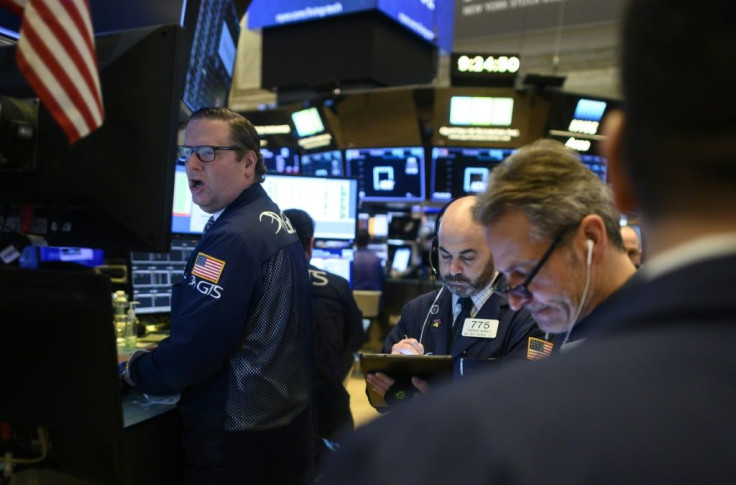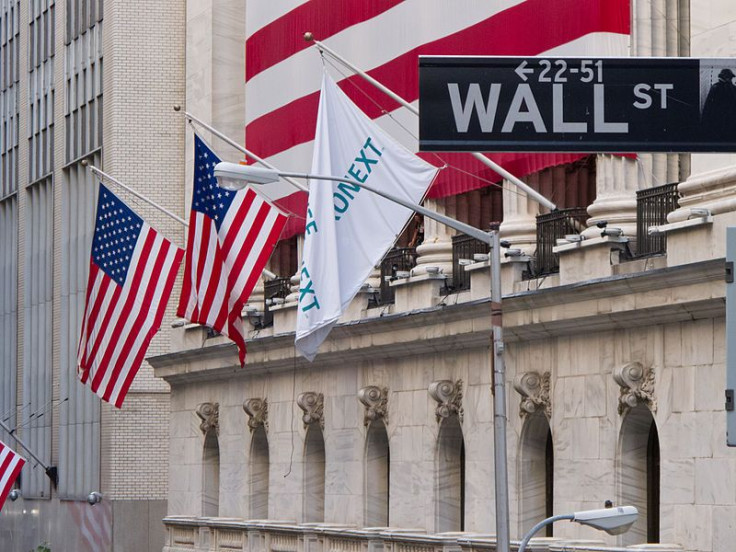US Stock Market Futures: Dow, S&P 500, Nasdaq Slide; Point To Monday Opening Drop

KEY POINTS
- A historic oil production cut and apparent flattening of COVID-19 curve in NY fail to buoy investor sentiment
- Timing of the reopening of the economy is a major investor concern
- The uncertainty around the pandemic's progress nationwide continues to dampen enthusiasm
Wall Street is poised to begin the week on the downside, with futures for all three major indices entering negative territory Sunday evening — disregarding positive news on the war against COVID-19 and a historic 9.5 million barrel per day (bpd) cut in oil production.
Analysts said investors still aren't sure what to make of news that COVID-19 deaths are plateauing while the number of cases continues to rise. This volatility saw the Dow Jones Industrial Average futures trade 339 points lower, pointing to an opening drop Monday of 331 points. S&P 500 and Nasdaq 100 futures also hinted at opening declines for both the indices. On the other hand, crude oil prices quickly turned negative after an initial spike following the OPEC+ announcement to slash its mountainous supply glut with an unprecedented production cut.
The surprising futures selloff followed last week’s rally that sent the S&P 500 to its best weekly gain since 1974, a jump of 12.1%. The Dow, too, posted its seventh-best weekly performance, rallying 12.7%.
Despite those huge rallies, the major indices are still more than 17% below the records set in February before COVID-19 started taking it toll. The Dow has sunk 16.9% while the S&P 500 has lost 13.7% for the year. On the other hand, the tech-heavy Nasdaq has fallen only 9% thus far into the year.
Wall Street’s strong gains last week followed news of a seeming improvement in the U.S. coronavirus outlook, with New York State reporting a flattening of case numbers. There was also the massive $2.2 trillion stimulus from the Federal Reserve meant to rescue U.S. businesses and employees from economic disaster.
What is interesting is statements by Dr. Anthony Fauci, director of the National Institute of Allergy and Infectious Diseases (NIAID), on Sunday that he's cautiously optimistic the pandemic slowing down in the U.S. appear to have had no positive effect on investor sentiment. Dr. Fauci also said some parts of the U.S. could reopen in May. He, however, added that these observations don't mean the entire country can just flip a “light switch” and return to normal.
“The various mitigation efforts to contain the spread of COVID-19 seem to be working," said Marc Chaikin, CEO of Chaikin Analytics, told CNBC. "What comes next is very much up in the air. With the timing of the reopening of the economy now being debated and the economic effects of the engineered shutdown still to be determined, we urge investors to remain wary but watchful as events unfold.”
With more than 503,000 confirmed cases of COVID-19 and over 22,000 deaths as of Easter Sunday evening, the U.S. leads the world in the number of cases and deaths caused by this pandemic.

© Copyright IBTimes 2025. All rights reserved.





















